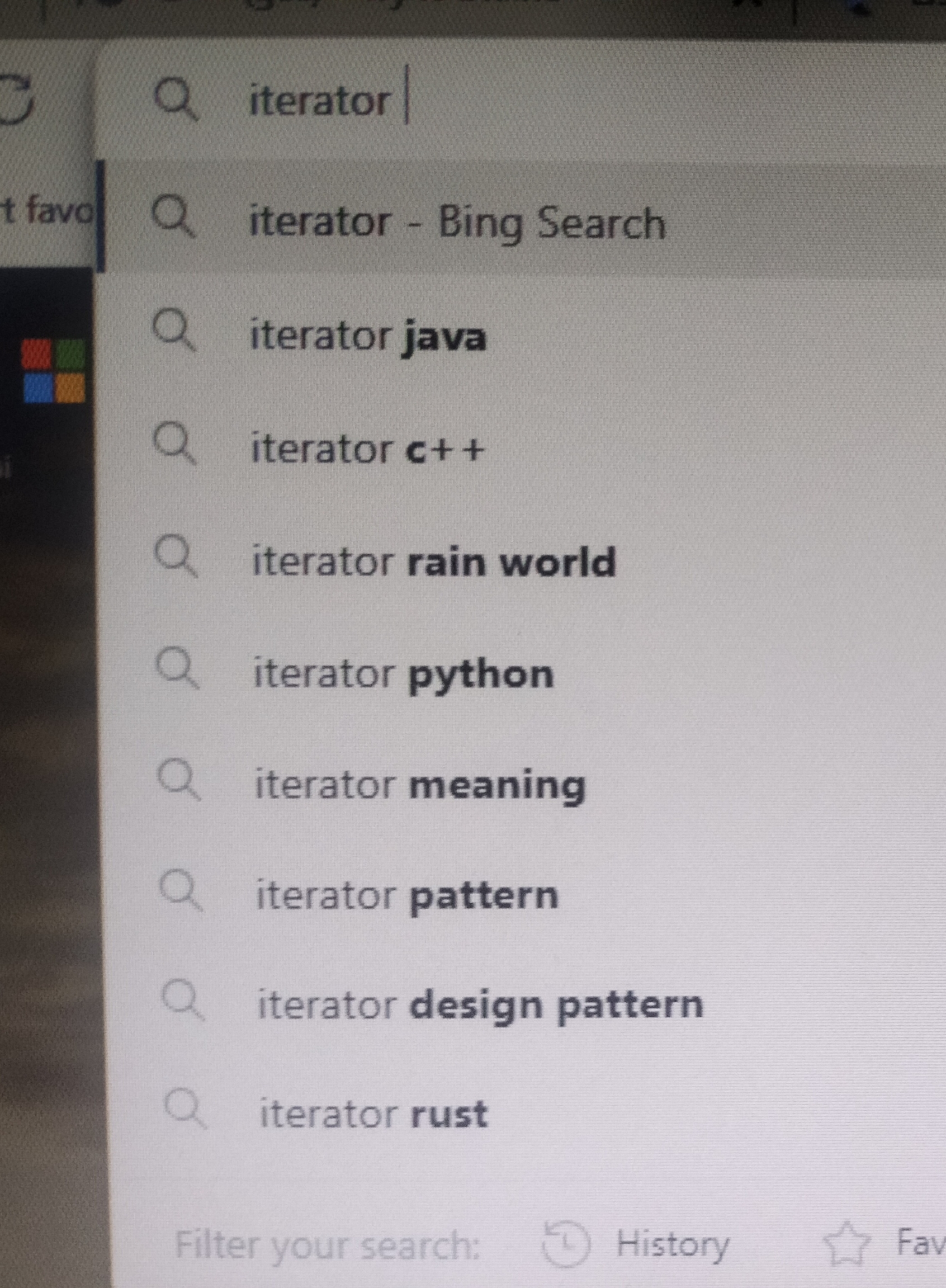Let’s play a game of “Fortunately, Unfortunately“. Respond the previous post (the first comment below this post) by replying this post (not the previous post!)
I’ll start with: “I found this website.“
I am rather annoyed by the abundance of commas in this post; semicolons would make it better
I just realized the filename was me doing exactly what I’m complaining about here, this is why I’m pointing it out, all this does is annoy others into doing the same, it’s a self-fulfilling cycle
Hey, if you’re thinking of writing a post saying literally anything on wasteof.money anywhere, think to yourself before posting if you sound like you’re doing this while the teacher isn’t looking:

(if you can’t see the image https://en.m.wikipedia.org/wiki/Thumbing_one%27s_nose is a good enough approximation)
There’s a box containing an apple, a banana, and a carrot.
There’s also another box containing an apple, a banana, and a carrot.
Are both boxes the same? Why?
next week would be my final final exam
unless if final exams are a thing in college
It seems like I’ve posted less in wasteof and the TBGs now
I just don’t have anything to say left
Our class lost in our English debate semi-final since our contestant (as Opposition) doesn’t understand the motion (about how telepathy could ruin human relationship) at all
You know what? Answering "the hardest programming language" with Malbolge is becoming a programmer cliche at this point. Why not we devise an esolang so hard to program on, not even supercomputers could brute-force it to get the desired output?
Some sketching of an agent programming language (in a much more literal sense).
It’s very… verbose.
agent Main traits [Runnable Stateful].
-- Runnable: this agent can be run from an outside initiator (e.g. your terminal)
-- Stateful: this agent stores some states (defines the actions [(set name) (to value)] and [(get name)])
use "IO:Output" as Output.
use "Number:Operations" as Number-OP.
use "Text:Operations" as Text-OP.
-- The syntax for the agent selector are "Protocol:Link/To/Agent"
-- Each protocol has their own unique actions.
-- This defines an action which can be asked by other agents.
-- For this one, it also acts as the entry point for the initiator.
on [(run args)] do {
set i to 1.
-- Repeatedly does the instructions until a reply is given.
loop {
set out to "".
get i. ask Number-OP to {mod it with 3. reply it.}.
if it is 0 do {
get out. ask Text-OP to {add it with "Fizz". reply it.}. set out to it.
}.
get i. ask Number-OP to {mod it with 5. reply it.}.
if it is 0 do {
get out. ask Text-OP to {add it with "Buzz". reply it.}. set out to it.
}.
get out.
if it is "" do {
ask Number-OP to {textify it. reply it.}.
ask Output to {write it. reply it.}.
}.
get i. ask Number-OP to {add it with 1. reply it.}. set i to it.
get i. ask Number-OP to {compare it with 100. reply it.}.
-- Number-OP's compare action replies the flags [equal greater less].
if it is equal do {
reply 0.
}.
}.
reply it.
}.I’ve just found out that SethBling—that YouTuber who made an Atari 2600 emulator in Minecraft, done a ~200 bytes ACE in Super Mario World, and trained an LSTM model to play Super Mario Kart—made CBScript; a proglang that transpiles to Minecraft datapacks kinda like the mockup I made back then.
Oh well.
is there a programming language that doesn’t support else if at all
not even as the sneaky “second if is inside else”

